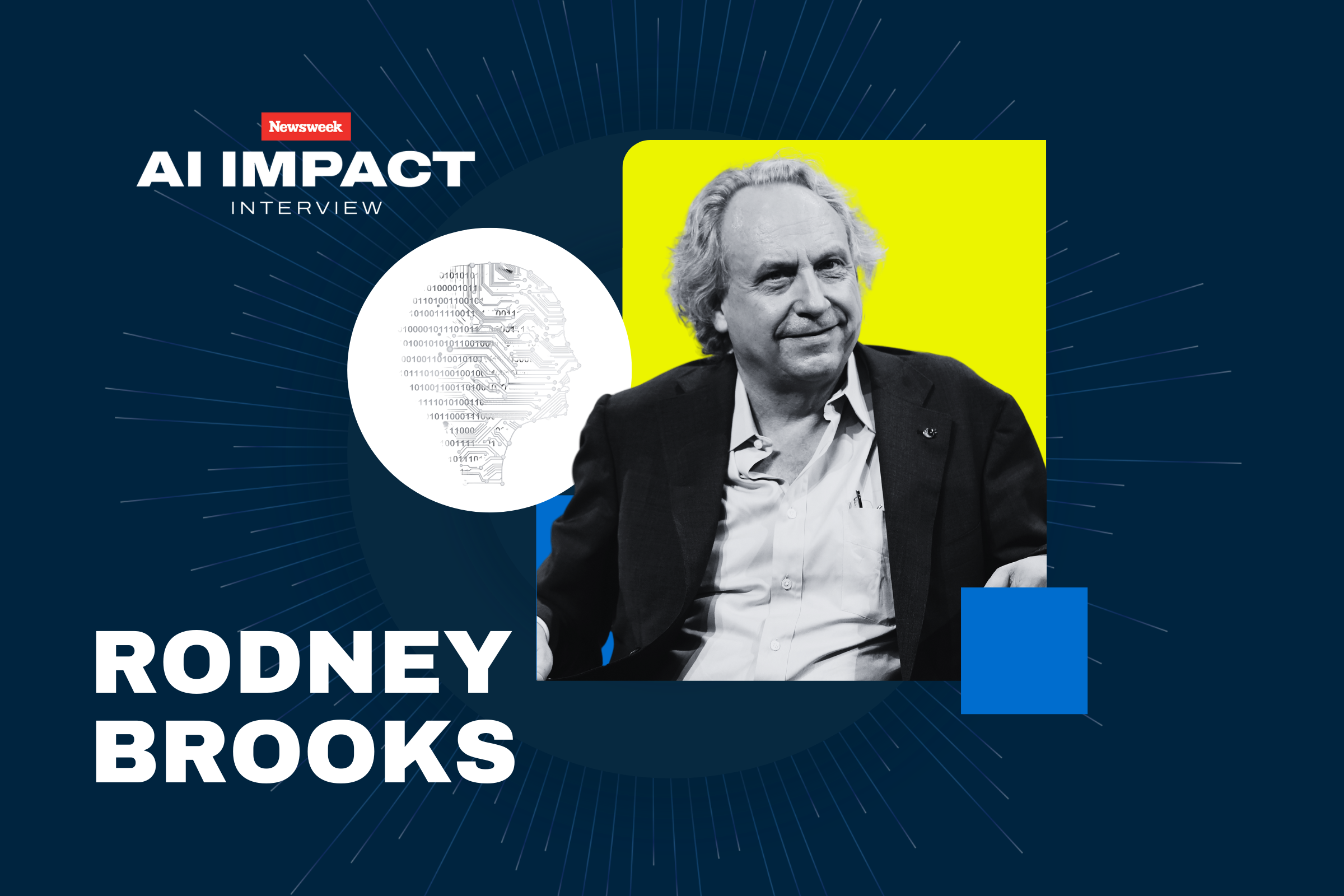Questions are being raised over whether a Department of Government Efficiency (DOGE) proposal to send $5,000 to taxpaying households across the U.S. is feasible.
Why It Matters
President Donald Trump and government appointee Elon Musk confirmed they are considering a proposal to send $5,000 "DOGE Dividends" to Americans, paid for using savings made by DOGE, which has been tasked by the president with scaling back federal spending and rooting out supposed fraud and waste.
What To Know
The proposal was made last week by James Fishback, CEO of the Azoria investment firm, to compensate American taxpayers for "the egregious misuse and abuse of their hard-earned tax dollars that DOGE has uncovered."
In a four-page proposal, Fishback said sending checks of $5,000 directly to American taxpayers would "restore public trust between taxpayers and their government, making good on this social contract and increasing tax morale."
He estimated the cost of this would be some $400 billion—a considerable chunk of the $2 trillion savings target Musk set out earlier this year, and one that DOGE is not quite within reaching distance of yet.
Thus, the affordability of the checks has been brought into question, with some Republicans also questioning the proposed move.

Are DOGE Checks Feasible?
In the interests of being "fully transparent," DOGE has posted a "wall of receipts" on its website detailing more than 1,100 canceled government contracts. Newsweek has analyzed the data and found nearly $7.2 billion in savings so far—only 1.8 percent of the amount required. The DOGE website says the list accounts for 20 percent of all savings so far, owing to a lag in a government reporting system that means updates can be delayed.
Meanwhile, DOGE said last week it had found $55 billion in savings. If that is correct, it would still be only 13.75 percent of the $400 billion required. Newsweek has contacted DOGE for comment via email.
Fishback's proposals earmarks the checks for dispersal in mid-2026, meaning DOGE still has more than a year to provide the savings to fund the project. But some are not sure this is achievable, given the sheer scale of savings required to make such a payout.
"The $5,000 DOGE Dividend proposal is a bold vision, but as someone who has spent time navigating the challenges of balancing government budgets, it's clear that the math and reality don't add up," George Carrillo, CEO of the Hispanic Construction Council and former department head in the Oregon state government, told Newsweek. "To fund a $5,000 check for every eligible household would require $395 billion. This is a figure astronomically higher than the resources Musk claims to have secured."
Inflation Worries
There have also been concerns over the inflationary impact such payments could have. Michael Martin, vice president of market strategy at TradingBlock, said that while the savings may be achievable, a "more important question to ask is whether these checks would ultimately be good for Americans and the economy at large.
"What impact would such a large injection of money into the economy have on already stubbornly high inflation? It would almost certainly drive up costs."
Checks sent directly to households during the COVID-19 pandemic were found to have had an inflationary impact. During Trump's first term, the government issued two rounds of COVID-related stimulus checks, which the Federal Reserve Board reported as contributing "to an increase in inflation of about 2.5 percentage points."
"Our findings suggest that fiscal stimulus boosted the consumption of goods without any noticeable impact on production, increasing excess demand pressures in good markets," a Federal Reserve Board report reads. "As a result, fiscal support contributed to price tensions."
Preston Brashers, a research fellow for tax policy at the conservative think tank the Heritage Foundation, also questioned the inflationary impact. He wrote on X, formerly Twitter: "Love what DOGE is doing, but this is a bad idea. There's no need to send 'dividend checks.' The dividend we get from slashing spending is that it brings inflation into check. But if the government sends out stimmy checks, inflation will come back with a vengeance."
Fishback said in his proposal that the DOGE checks would not be inflationary as they would be "exclusively funded with DOGE-driven savings, unlike COVID stimulus checks which were deficit-financed."
The Deficit
The plan to use some of the DOGE savings to make direct payments has caused ire even among some of Trump's most loyal followers.
"Politically that would be great for us, you send everybody a check," House Speaker Mike Johnson said at the Conservative Political Action Conference (CPAC) in Maryland last week. "But if you think about our core principles, fiscal responsibility is what we do as conservatives, that is our brand."
He said the savings in its entirety should be spent on bringing down the "$36 trillion federal debt."
"We have a giant deficit," he said. "I think we need to pay down the credit card, right?"
Thomas J. Cryan, an attorney and author of the new book Disrupting Taxes, said that while it is "challenging to determine the accuracy of the DOGE's announced cost savings," the "Treasury Department might have a fiduciary duty to use those savings to pay down on the $36+ trillion of national debt."
What People Are Saying
James Fishback, in his proposal: "When a breach of this magnitude happens in the private sector, the counterparty, at minimum, refunds the customer since they failed to deliver what was promised. It's high time for the federal government to do the same, and refund money back to taxpayers given what DOGE has uncovered."
George Carrillo told Newsweek: "For all its surface appeal, this proposal risks trading short-term political popularity for long-term societal harm. That check may feel like a victory at the moment, but when it costs the country weakened federal services, larger deficits, and diminished health and safety, the consequences become undeniable. Americans deserve policies that balance ambition with sustainability, not flashy promises rooted in fiscal recklessness."
Joseph Camberato, CEO at National Business Capital, told Newsweek: "I understand where the idea's coming from, but handing out $5,000 checks isn't the best move. Just because we saved a bunch of money doesn't mean we should start giving it away. It's like that old saying: you can give a man a fish, or you can teach him to fish. If we're smart, we'll invest that money in things that create long-term value, like innovation, infrastructure, and businesses that build wealth across all levels."
What Happens Next
Any dividend payment made to American taxpayers would, as explained by Cryan, require an act of Congress.
"DOGE does not have the constitutional power to issue a Dividend Payment to the American people, the President does not have the constitutional power to issue a Payment to the American people, that power—the power of the purse—lies with Congress," he said, "and such a payment would require legislation."




















 English (US) ·
English (US) ·